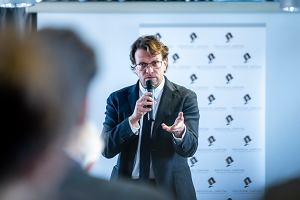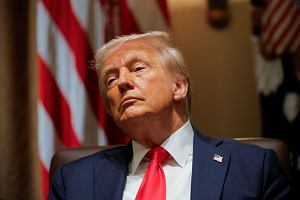










Covert operations in Europe suggest Moscow is preparing for something bigger.

"We know that won't be the case," - says former diplomat Mary Curtin* in an interview with Wyborcza.


Trump looms large at Munich Security Conference. Is the US about to abandon Europe?


Fico's fourth government pledged to go back to state polls in its progamme statement.



Who will Putin choose? Orbán and Fico's courtship of the Kremlin is raising eyebrows.

Trump's return has revived old Balkan dreams. Could borders shift again?



The Kremlin is trying to break Europe apart, warns former Ukrainian defence minister















Watch the Eastern Frontier Talks conference in Bratislava organized by SME.

